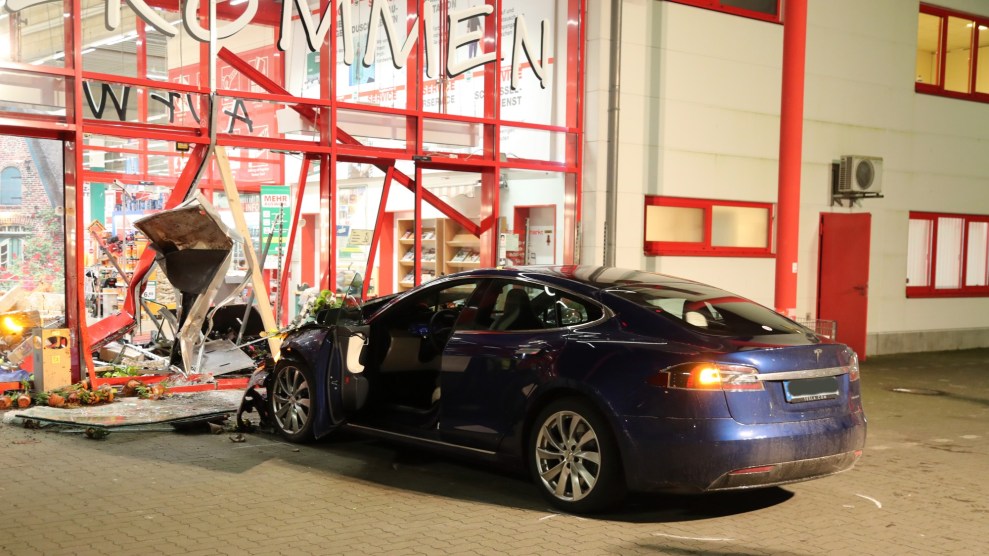
The World Trade Center on a clear day in 1990.File photo/AP
Twenty years ago, the New York City metropolitan area awoke to shockingly blue skies. It looked set to be one of the loveliest days of the season, if not the year. Then two planes hit the World Trade Center’s twin towers. The temperature was in the mid-’60s and climbing.
There’s an aviation term for the conditions fighter pilots scrambled into, and passengers on the four hijacked jets flew through, on September 11, 2001: severe clear. It’s in every photo you see of the day, backdropping smoke, swirling papers, and falling bodies. If you were most anywhere in the northeast that day your memories carry that sky, and that early fall-like feel.
In New York now, at about the same time, it is about the same temperature, and the skies are about as clear.
Weather repeats itself. May we work to make sure history does not.















